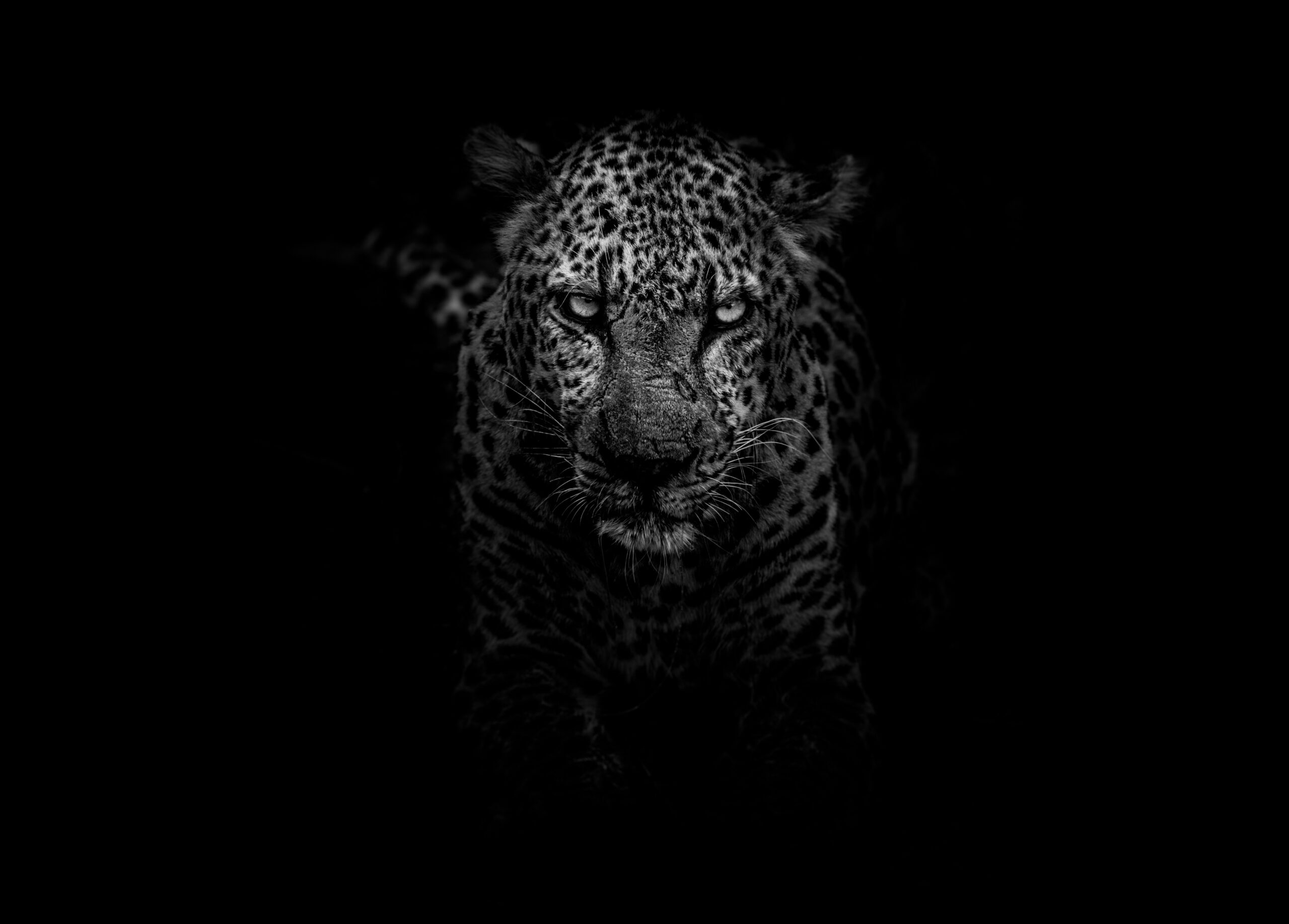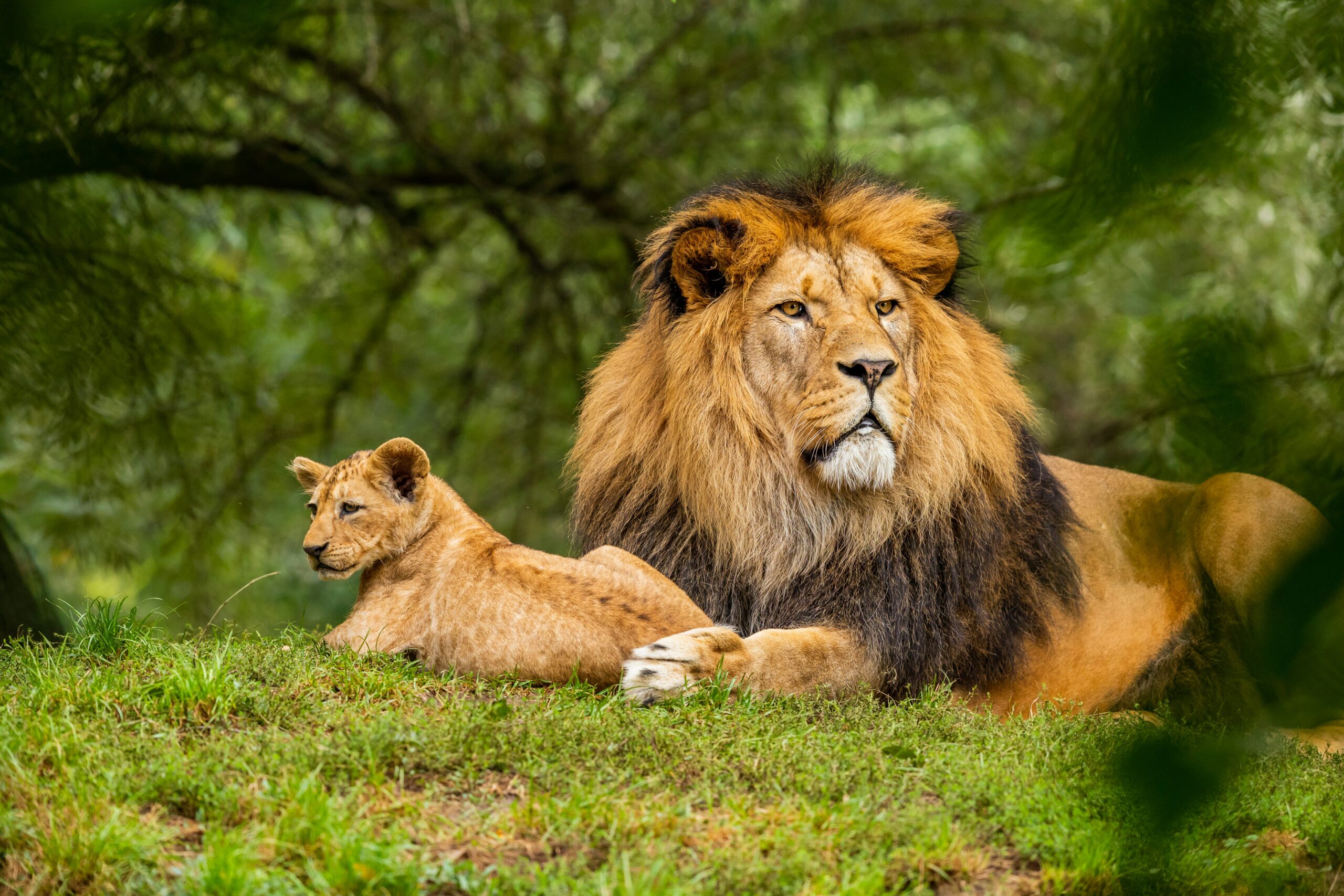If you’re an avid hunter or just starting out, you’ve probably wondered about the benefits of using monoculars during your hunts. Well, wonder no more! In this article, we’ll explore the usefulness of monoculars for hunting, examining how they can enhance your hunting experience and provide you with a sharp, clear view of your surroundings. Whether you’re tracking elusive game or scouting for the perfect hunting spot, monoculars might just become your new best friend in the wilderness. So, grab a seat and let’s discover why monoculars are a game-changer in the world of hunting.

Understanding Monoculars
Definition of monoculars
Monoculars are compact, single-eyepiece optical devices that provide magnified views of distant objects. They are designed to be held with one hand and are commonly used for outdoor activities, including hunting, bird watching, and nature observation. Just like binoculars, monoculars allow you to see objects more clearly and in greater detail, but with the added advantage of being lighter and more portable.
Brief History of Monoculars
Monoculars have a long history that can be traced back to the early 17th century. The Dutch mathematician and astronomer, Johannes Kepler, is often credited with inventing the monocular telescope in the early 1600s. However, it wasn’t until the 19th century that monoculars became more widely available and used for various purposes, including military applications.
Advantages of Monoculars In Hunting
Portability
One of the major advantages of using a monocular for hunting is its portability. Unlike binoculars, which are typically larger and bulkier, monoculars are compact and lightweight, making them much easier to carry during long hunting trips. Their small size allows them to fit easily into your pocket or attach to your belt, ensuring that you always have it readily accessible when needed.
Ease of Use
Another advantage of monoculars in hunting is their ease of use. With a monocular, you only need to focus with one eye, which can be more comfortable and natural for some hunters compared to using both eyes with binoculars. Using a monocular also requires less eye adjustment, allowing for a quicker target acquisition and improved reaction time in the field.
Wide Field of View
Monoculars typically offer a wide field of view, which allows you to scan the surrounding area more efficiently. This is especially beneficial in hunting, as it enables you to spot game and potential targets from a greater distance. A wide field of view also aids in tracking moving animals, ensuring that you don’t miss any crucial details.
Cost Efficiency
Compared to binoculars, monoculars are often more cost-effective without sacrificing performance. While high-end monoculars can still be quite expensive, there are plenty of budget-friendly options available that provide good optical quality for the price. For hunters on a budget or those who prioritize affordability, monoculars offer a cost-efficient solution without compromising on functionality.
Disadvantages of Monoculars In Hunting
Limited Depth Perception
One disadvantage of using a monocular in hunting is its limited depth perception. Because monoculars only provide visual input to one eye, they lack the natural depth perception that binoculars offer with the combined use of both eyes. This can make it challenging to accurately judge distances, especially when hunting in open terrain or unfamiliar environments. Hunters must rely heavily on their knowledge and experience to compensate for this limitation.
Strain on One Eye
Another potential disadvantage of monoculars is the strain it puts on one eye. Constantly using one eye to view distant objects for extended periods can cause eye fatigue and discomfort. It is important to take regular breaks and give your eyes some rest to avoid unnecessary strain. This drawback can be mitigated by choosing a monocular with ergonomic design features, such as adjustable eye relief and comfortable eyecups.
Optical Characteristics of Monoculars
Magnification Power
A key optical characteristic of monoculars is their magnification power, which determines how much closer the object appears compared to the naked eye. Monoculars come in a wide range of magnification options, typically ranging from 6x to 12x or higher. Higher magnification can be advantageous for spotting distant targets, but it can also amplify hand movements and reduce image stability. It is important to choose a magnification level that suits your specific hunting needs and preferences.
Lens Diameter
The lens diameter of a monocular plays a crucial role in determining its light-gathering ability and overall image brightness. Monoculars with larger lens diameters allow more light to enter the optical system, resulting in brighter images, especially in low-light conditions. However, larger lenses also contribute to a bulkier and heavier monocular. Strike a balance between portability and image quality by considering your hunting environment and the anticipated lighting conditions.
Field of View
The field of view refers to the extent of the observable area that a monocular can capture at a specific distance. A wider field of view allows you to take in larger scenes and locate targets more quickly. However, a wider field of view often comes at the expense of magnification power. Consider the typical hunting scenarios you encounter to determine the appropriate balance between magnification and field of view for your monocular.
Close Focus Distance
The close focus distance refers to the minimum distance at which a monocular can focus sharply. This characteristic is particularly important for close-range observations such as tracking game or examining tracks and signs. Choose a monocular with a shorter close focus distance if you anticipate the need for detailed observations at close proximity.

Types of Monoculars
Standard Monoculars
Standard monoculars are the most common type and are suitable for a wide range of outdoor activities, including hunting. They typically offer a balanced combination of magnification power, lens diameter, and field of view. Standard monoculars are designed to provide clear and sharp images across different lighting conditions and are often preferred by hunters for their versatility and affordability.
Night Vision Monoculars
Night vision monoculars are specifically designed for low-light or nighttime hunting scenarios. These monoculars utilize advanced technology to amplify available light or infrared radiation, allowing you to see in near complete darkness. Night vision monoculars can greatly enhance your hunting experience by extending your range and improving target acquisition in low-light conditions.
Thermal Monoculars
Thermal monoculars detect and visualize the heat emitted by objects, animals, and individuals. These monoculars are particularly useful for tracking game or identifying potential targets in dense foliage or during challenging weather conditions. Thermal monoculars produce images based on heat signatures, making them incredibly effective for hunting at night or in adverse weather conditions.
Monocular vs Binocular
Comparison of Size and Weight
When comparing monoculars and binoculars, size and weight are key factors to consider. Monoculars are generally more compact and lightweight, making them easier to carry and handle for extended periods. Binoculars, on the other hand, tend to be larger and heavier due to the need for two optical systems. If portability is a priority, a monocular may be the better choice for hunting.
Comparison of Vision and Depth
In terms of vision and depth perception, binoculars have an advantage due to the combined use of both eyes. Binoculars provide a three-dimensional view and improved depth perception, which can be crucial in accurately judging distances. Monoculars, while offering excellent magnification, have limitations in depth perception since they only provide visual input to one eye.
Comparison of Comfort
Comfort is an important consideration during long hunting trips. Binoculars, with their ergonomically designed two-eye system, often provide more comfort and stability during prolonged use. However, some hunters find monoculars to be more comfortable due to their lightweight design and the ability to use just one eye. Ultimately, personal preference and comfort should guide your choice between monoculars and binoculars.
Comparison of Cost
Cost is often a deciding factor when choosing between monoculars and binoculars. Monoculars tend to be more cost-effective overall, as they require half the optical components compared to binoculars. This cost advantage allows hunters to invest in higher quality monoculars or explore additional features such as night vision or thermal capabilities without breaking the bank.

Choosing The Right Monocular For Hunting
Consider the Hunting Environment
When choosing a monocular for hunting, it is essential to consider the specific environment in which you will be hunting. Factors such as terrain, lighting conditions, and weather patterns should influence your decision. For example, if you frequently hunt in dense forests or low-light conditions, a monocular with a wider lens diameter and night vision capabilities may be advantageous. Understanding your hunting environment will help you select a monocular that maximizes your overall hunting experience.
Consider the Size and Weight
Size and weight play a significant role in the overall comfort and portability of a monocular. Before making a purchase, consider how easily the monocular can be carried in your preferred method, whether it’s in a pocket, on a belt, or in a backpack. Additionally, ensure that the monocular’s weight is manageable so that it doesn’t become a burden during long hunting trips or while tracking game.
Consider the Optical Power
The optical power of a monocular is determined by its magnification and lens diameter. Consider the distance at which you intend to observe your targets and the level of detail you need to see. Do you primarily hunt in open fields, or do you often find yourself in closer proximity to your targets? Understanding your optical requirements will help you choose a monocular with the appropriate magnification power and lens diameter for your hunting needs.
Best Monocular Brands For Hunting
Brand1
Brand1 is renowned for producing high-quality, reliable monoculars specifically designed for hunting. With a reputation for their precision optics, superior light transmission, and durability, Brand1 monoculars have become a popular choice among experienced hunters. Their range of products offers various magnification options and lens diameters to cater to different hunting environments and preferences.
Brand2
Brand2 has established itself as a leading manufacturer of monoculars, offering a wide range of models suitable for hunters of all levels. Known for their innovative features, exceptional image quality, and rugged construction, Brand2 monoculars are designed to withstand the demands of hunting in any terrain and weather conditions. Their commitment to continuous improvement and customer satisfaction makes them a trusted brand in the hunting community.
Brand3
Brand3 has a strong presence in the hunting optics market, delivering high-performance monoculars that combine cutting-edge technology with user-friendly design. These monoculars boast advanced features such as image stabilization, enhanced low-light performance, and waterproof construction. Brand3’s dedication to quality and the overall experience of its customers has earned it a loyal following among hunters who value precision and reliability.
Maintaining Your Monocular
Cleaning Your Monocular
Proper cleaning is essential to maintain the optical clarity and performance of your monocular. Start by removing any dust or debris from the lenses and body using a soft brush or blower. Then, gently wipe the lenses with a microfiber cloth or lens cleaning solution specifically designed for optical surfaces. Avoid using harsh chemicals or abrasive materials that could damage the lens coatings. Regular cleaning will help ensure that your monocular provides clear and sharp images every time you use it.
Proper Storage of Monoculars
When not in use, it is important to store your monocular properly to prevent damage and maintain its longevity. Keep it in a protective case or a padded bag to shield it from impacts, moisture, and dust. Avoid exposing the monocular to extreme temperatures or humidity, as these conditions can degrade its performance and potentially cause irreversible damage. By storing your monocular in a dry and protected environment, you can ensure that it remains in optimal condition for years to come.
Regular Calibration
To maintain accurate and reliable performance, it is recommended to calibrate your monocular regularly. This involves adjusting the focus and alignment of the optical components to ensure that your monocular provides sharp and precise images. Follow the manufacturer’s instructions for calibration or seek professional assistance if needed. Taking the time to calibrate your monocular will greatly enhance your hunting experience by maximizing its optical capabilities.
Insights From Experienced Hunters
Preference of Monoculars Over Other Optics
Experienced hunters often prefer monoculars over other optics for several reasons. The portability and compact size of monoculars make them convenient and easy to carry during long hunting trips. Their simplicity and ease of use allow hunters to quickly acquire targets and maintain situational awareness without the added complexity of binoculars or scopes. The wide field of view, cost efficiency, and overall versatility of monoculars make them a popular choice among seasoned hunters.
Best Practices In Using Monoculars For Hunting
Experienced hunters have shared their best practices for using monoculars effectively in hunting situations. One common recommendation is to practice using the monocular before heading out into the field, familiarizing yourself with the field of view and adjusting to the single-eye perspective. Additionally, utilizing the monocular’s zoom feature judiciously can help maintain image stability and prevent hand shake, especially at higher magnification levels. Lastly, using the monocular in combination with other tools such as a rangefinder or GPS can enhance your hunting experience and improve overall accuracy.
Personal Experiences With Monoculars In Hunting
Experienced hunters have shared their personal experiences using monoculars in various hunting situations. They have highlighted the benefits of portability and ease of use, emphasizing how monoculars allow them to quickly switch from scanning the horizon to tracking specific targets. Hunters have also praised the affordability of monoculars without compromising optical performance, making them an accessible option for hunters of all budgets. Overall, experienced hunters have found monoculars to be invaluable tools in their hunting endeavors, helping them spot game, track animals, and enjoy the beauty of the natural world.
